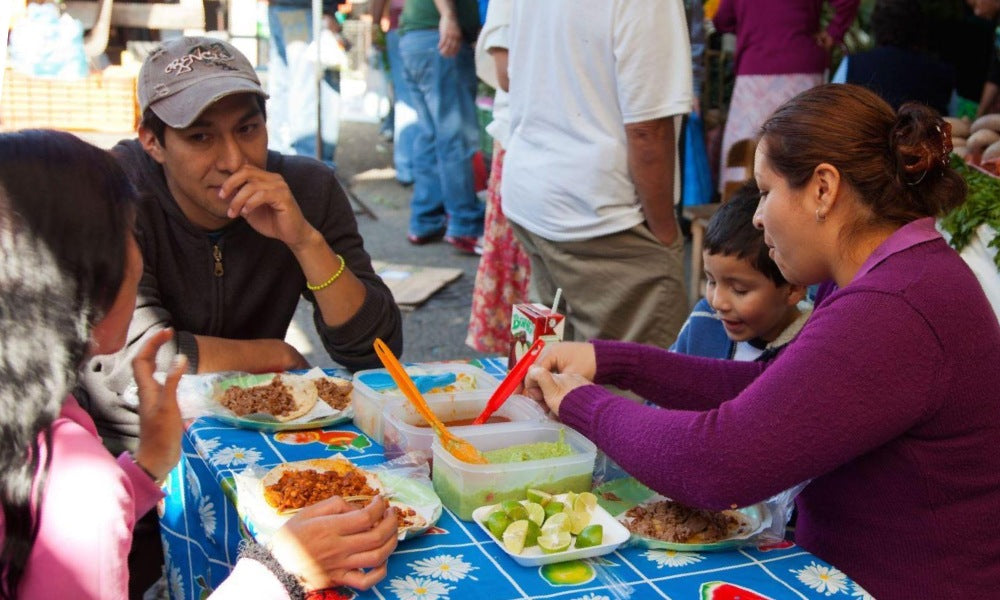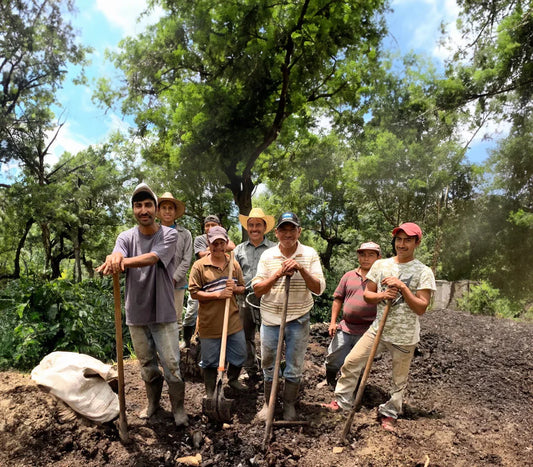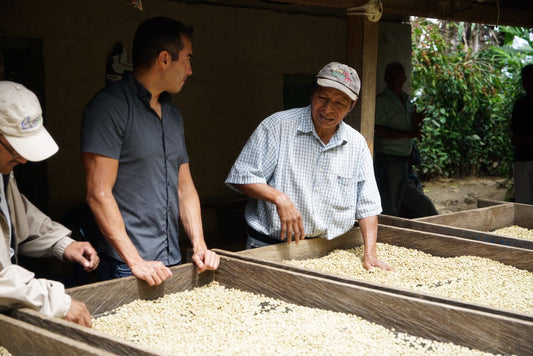
The Latino Identity is About More than Language
It is time to have a boarder definition of what “being Latino” really means.
In December last year, a TikTok video featuring Jenny Ortega raised an important talking point among Latinos.
The actress, who was born in California but whose parents are of Mexican and Mexican-Puerto Rican descent, received widespread backlash after she was filmed struggling to speak Spanish.
Claims that she was “not Latina enough” filled social media feeds, while some even suggested she shouldn’t be considered Latina if she couldn’t speak Spanish. According to a Remezcla article on the topic, comments got so out of hand that they were eventually turned off on the viral video.
Ortega is not the first person to be criticized for not speaking the language. In 2019, US Democrat Julián Castro was questioned on why he didn’t speak Spanish despite having grown up in a Latino household.
However, he responded by saying: “Speaking Spanish fluently is just one part of the overall connection to the Latino community. But mainstream media turns that into the only variable as to whether somebody is Latino or not, which is completely out of line with reality.”
So should we move away from the idea that language is the most important indicator of the Latino identity?
A history of linguistic oppression
Those who are quick to judge people based on their language skills are usually blind to the underlying reasons.
For instance, many second and third-generation Latinos in the US have been encouraged to speak English as a result of their parents or family members being discriminated against.
Prizzilla Greer told the Huffington Post about her experience of this growing up in Los Angeles. Her father, who was Mexican, was adamant that she would only speak English. Prizzilla believes it stemmed from his belief that the discrimination he had suffered as a Latino in the US would be repeated.
“My dad feared that if we had even a hint of a Spanish accent, we would endure the same kind of abuse from white Americans as he did as a kid growing up in the States,” she says. “Football was fine; fútbol wasn’t”.
As such, many Latino families have a desire to assimilate to the communities around them. And in the US that may mean suppressing our culture in one way or another – including not learning to speak Spanish.
Castro emphasized this point when MSNBC interviewed him on the topic. "In my grandparents' time... Spanish was looked down upon,” he said. “You were not allowed to speak it. People, I think, internalized this oppression."
However, for Latinos, speaking English exclusively, as we have seen in the case of Ortega and others, also poses some problems.
The criticism from within the community of having “abandoned” the Latino identity or “not being Latino enough” can hurt just as much as discrimination for speaking Spanish. Ultimately, it can leave people feeling isolated and without a group with which they can identify.
“The judgment has been more in recent years because social media has made it a thing to harass Latinos who don’t speak Spanish,” Prizzilla explains. “Now, I have to tell the world that I’m not white, because apparently now if you’re Mexican-American and don’t speak Spanish, it means you’re white.”

Moving beyond stereotypes
The Latino identity is rich and multi-dimensional comprising a variety of nationalities, ethnicities, and languages.
From our religions to our clothes to our music, the Latino identity is far too complex to attach to a single thing. Even in the case of language, Spanish is just one of many – in Guatemala, for example, there are 25 languages alone, including 22 different Mayan languages.
“My identity is comprised of many layers,” says Chicana historian and writer, Dr Yolanda Chávez Leyva. “My identity is as a woman, as a grandmother. As a mother, as an educator, as a mexicana, as an American. These many layers of our identity help us to understand how complex society is, how complex geography is, how complex history is.”
Therefore, reducing the debate about what it means to be Latino into languages alone is reductive and completely misses the point about identity as a concept.
To take it further, some suggest that judging Latinos on their language is a form of racism in itself.
“Stereotypes about language and stereotypes about racial categories get co-naturalized – they get constructed together,” Jonathan Rosa, a professor of education at Stanford University, explained in a recent interview with The Nation.
“Language is never too far from the picture when you talk about any racialized population. That population’s language is always stereotyped as linguistically deficient.”
Therefore, what matters is not if you speak Spanish or not, but rather how you choose to embrace your culture as a Latino. And as we just learned, embracing our culture can take different forms and look differently to each person.
Therefore, embrace your Latinidad in a way that is best suited for you!


